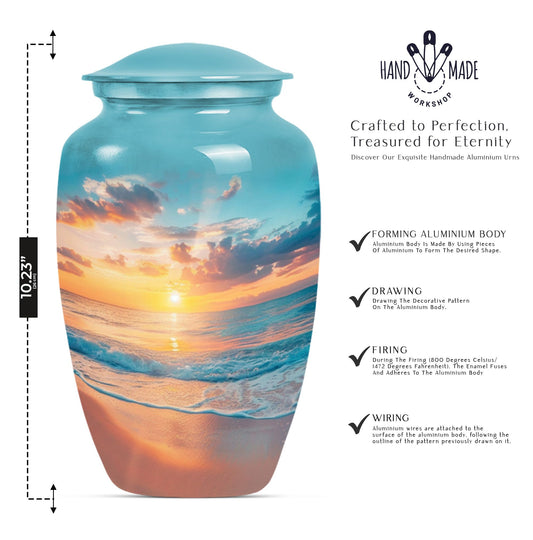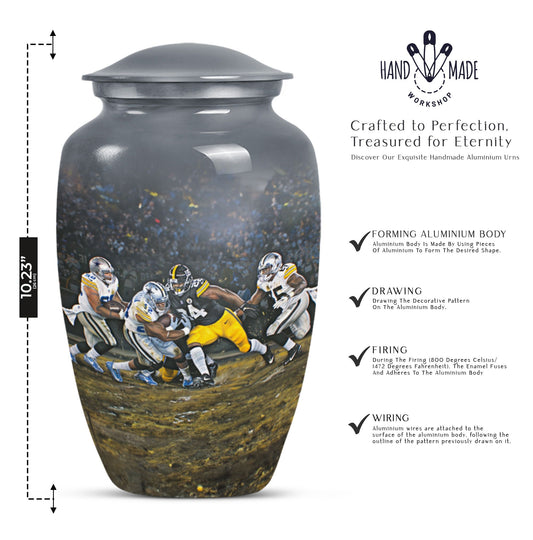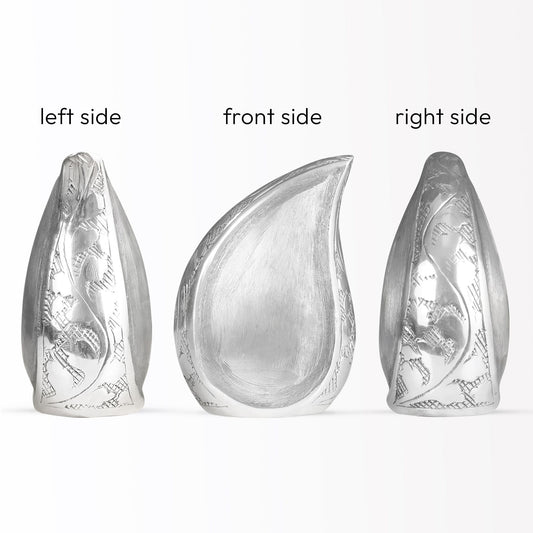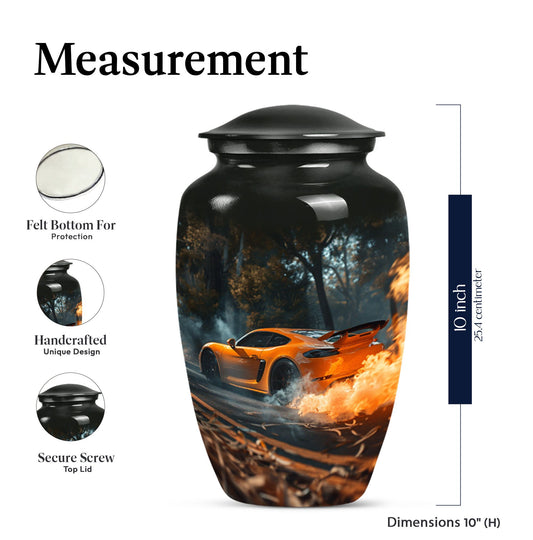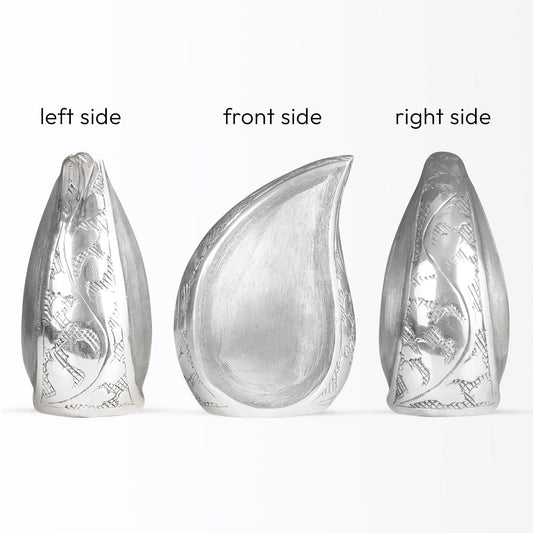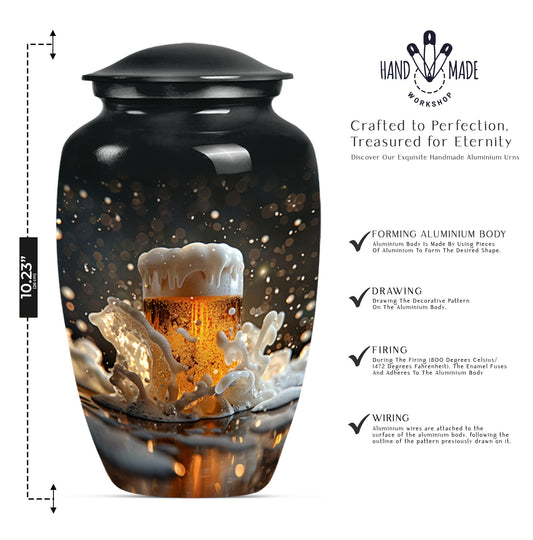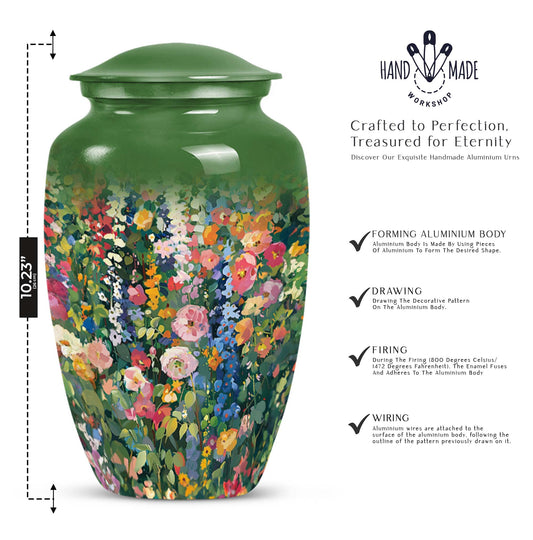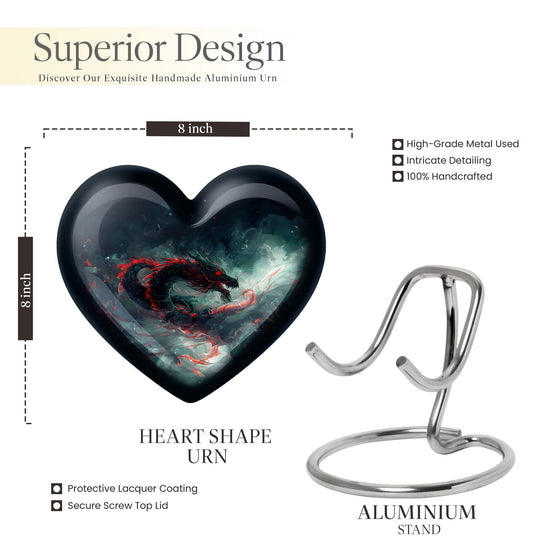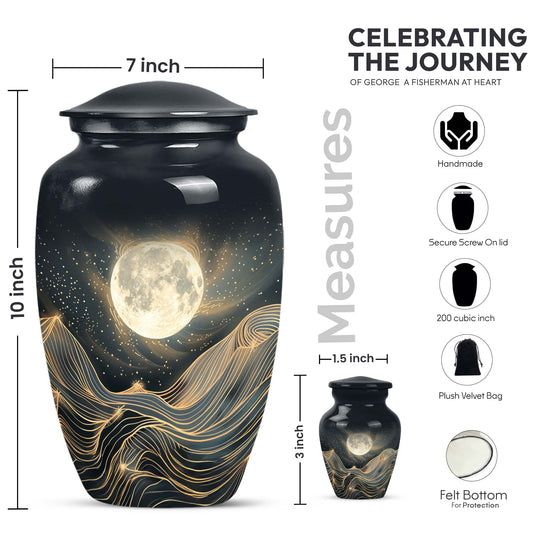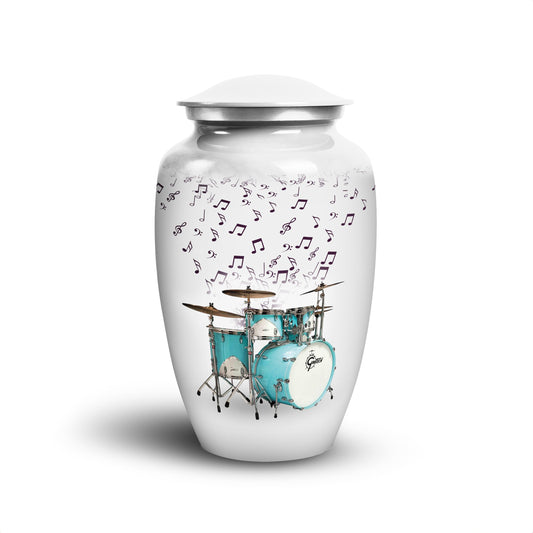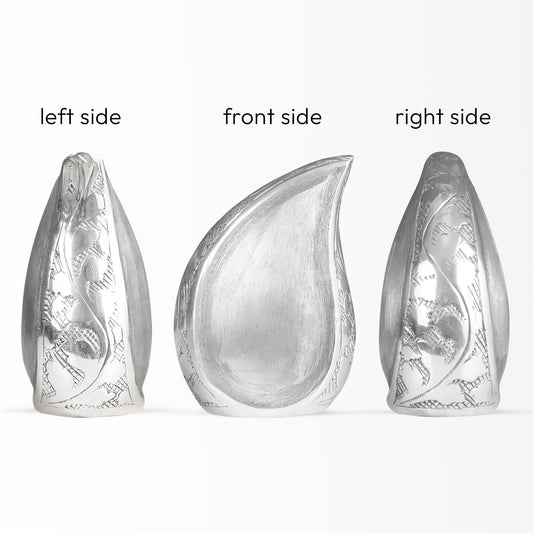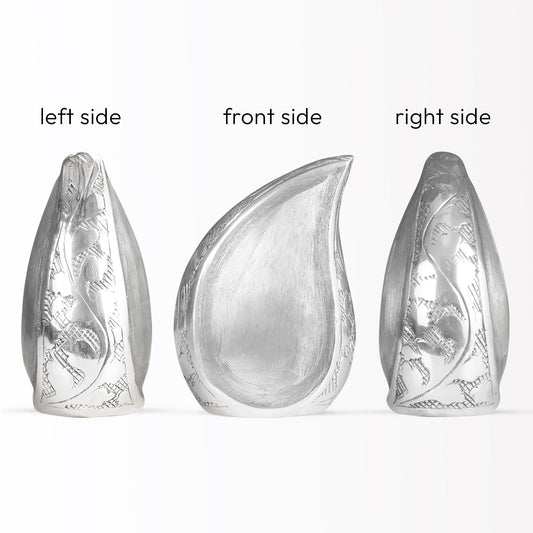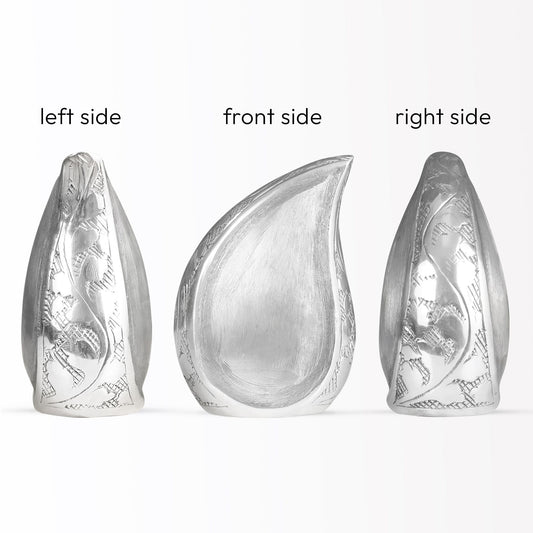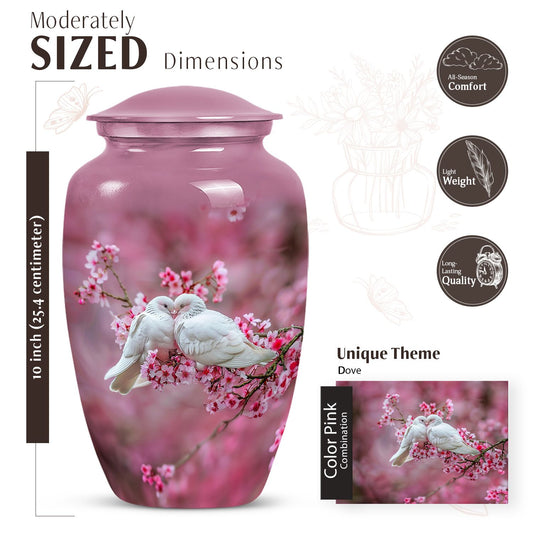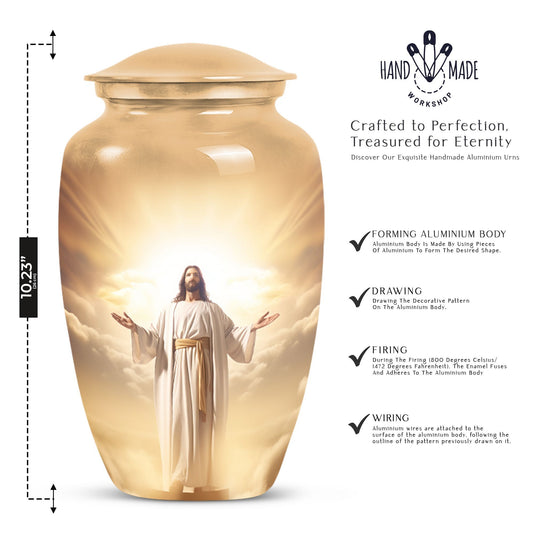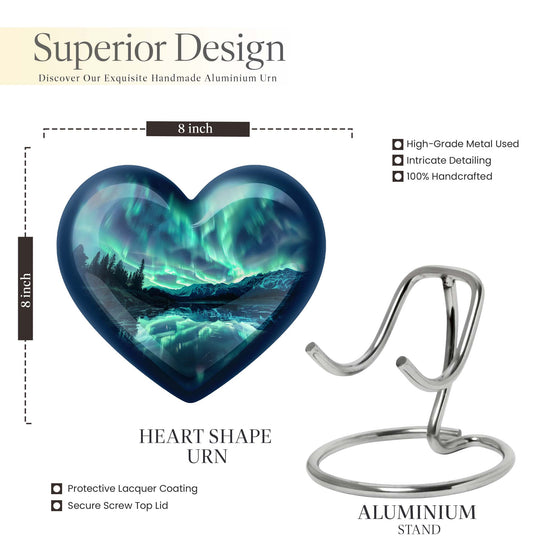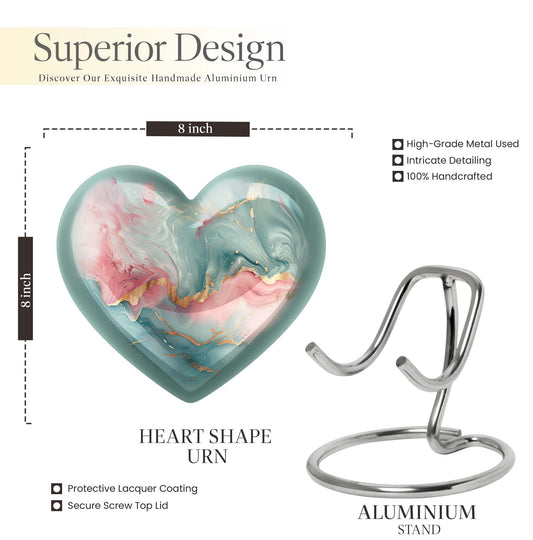Popular Urns
What Are The Burial Rules and Regulations Of Minnesota, US?

Minnesota has a very different approach to burial laws and regulation on public health standards and treatment of human remains in the way of respect and dignity. Such laws tend to be cut across and deal with many different aspects such as providing directions to family members in how to approach the actual process of funerals. The same directions are seen in the burials.
Death Certification and Burial Permits:
According to Minnesota law, death should first be documented by obtaining a death certificate before any burial or cremation of remains or disposition thereof. A licensed physician or medical examiner should write out a death certificate within five days of death. This has to be filed with the Minnesota Department of Health. Remains transported or interred will require a burial-transit permit. The said permit can be obtained by either the local registrars or through a funeral home.

Privately Owned Land Burial
Minnesota Statute and rule permit burial on private property. Families will be expected to follow any local zoning laws in their communities and to get any local or county permits required by the municipality or county. The area also should be marked and recorded in such a way as to alert future owners to its existence. Some localities will also require surveys or other requirements for private cemeteries.
Laws on Cremation
Minnesota governs cremation to ensure that appropriate procedures and records are undertaken. No cremation should be done within 24 hours of death in order to allow for all the permits and investigations required. Secondly, a person has to obtain written consent from the next of kin before such procedure can be done. All of the crematories in the state are licensed and operate strictly under very elaborate operational standards that include keeping very elaborative records of each case.
Ashes can be interred in one of several locations: storage, burial or dispersal. The scattering of ashes on private property requires the permission of the landowner. Scattering ashes on public land may require a person to seek additional permission. Those scattering ashes into the ocean are governed by the federal Clean Water Act provisions. It must be three nautical miles from land.

Funeral Rites
In Minnesota, there is no mandate to embalm if the body will be transported outside of state, or it will not be buried or cremated within 72 hours. Refrigeration usually is permitted. Families can choose to make their own arrangements for funeral services in Minnesota, but most people go to licensed funeral homes to receive professional service. Funeral homes are subject to licensing under state law and to consumer protection requirements, such as cost and service disclosure.
Cemetery Laws
Cemeteries in Minnesota are controlled by state and local authorities. Perpetual care cemeteries' laws require a trust fund to be established that will take care of perpetual grounds maintenance. All plots of burial have to be kept clean. Consumers are supposed to investigate and determine the rules, fees, and policies governing the maintenance of the cemetery before purchasing the plot of burial.
The Minnesota law also offers consumer protection because it prohibits cemeteries from providing false and misleading information about their services to the public.
Eco-Friendly and Natural Burials

Green burials where no embalming of the body is done with a metal casket that does not have a concrete vault are now being accepted in the state of Minnesota. These are allowed so long as they meet the requirement for public health and county ordinances. Indeed, some cemeteries in the state are doing certified green burials today. Private property is all right provided one adheres to those principles with necessary compliance.
Conclusion
Minnesota law governing the burial respects the preference of a person but in a way that guarantees public health and safety. Whatever preference might be made, whether in the form of traditional burial, cremation, or green burial, familiarity with the standards of the state is necessary. Families and individuals must inquire from local authorities and professional practitioners so that all last arrangements are done strictly to the letter of the law.
ALSO READ:


